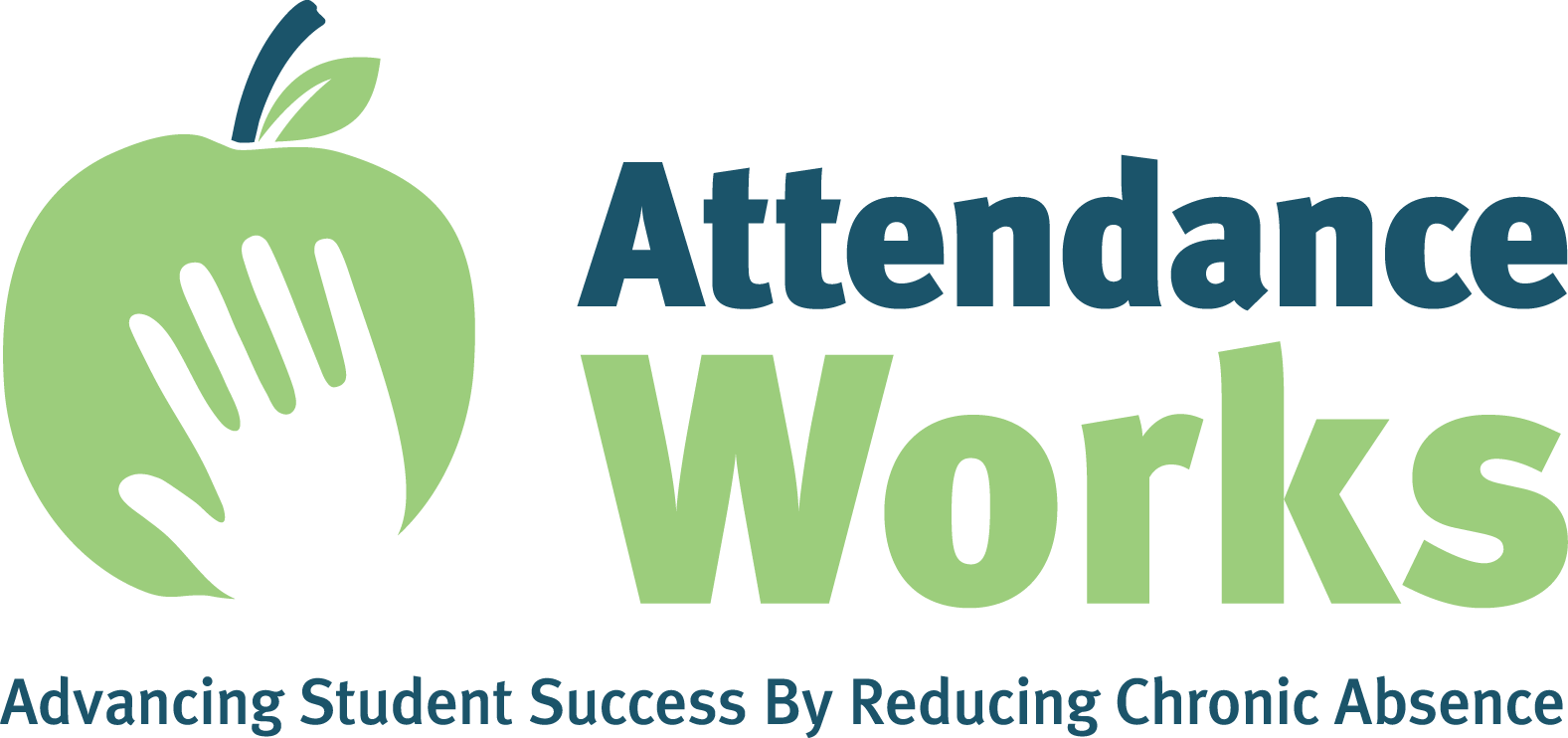
Attendance Matters
Valley of the Sun United Way has developed materials as part of the Supporting Attendance Across Maricopa County project. These materials include helpful assets and resources to support existing outreach initiatives in the community.
Here Today, Ready Tomorrow!
Too many absences, excused or unexcused, can keep students from succeeding in school and in life. How many are too many 10% of the school year—that’s 18 missed days or 2 days a month—can knock students off track.
Good school attendance means preschoolers build skills and develop good habits for showing up on time, elementary students read well by the end of third grade and high schoolers stay on track for graduation.
In support of Attendance Awareness month, check out the 2025 Attendance Awareness Campaign and promotional materials.
About Attendance Matters
The Situation
A student is deemed chronically absent if they miss 10% or more of the academic calendar, regardless of whether the absences are excused or unexcused. This typically breaks down to just two days of missed school per month or 18 or more days in a typical school year.
The Arizona Department of Education’s data paints a concerning picture of chronic absenteeism in the state’s public schools following the pandemic. In 2022, 32% of students in grades 1-8 were identified as chronically absent – a dramatic surge from just 13% in 2019. While chronic absence decreased in 2023, the latest figures remain double the pre-pandemic rate.
Our Strategy
The chronic absence crisis is alarming, but also solvable. Effective, low-cost strategies exist to address this issue, involving collaborative efforts between schools, communities, and families.
Attendance Matters uses consistent messaging to deepen the community’s understanding of the importance of attendance. It also provides parents and educators with the information they need for prevention and re-engagement.



